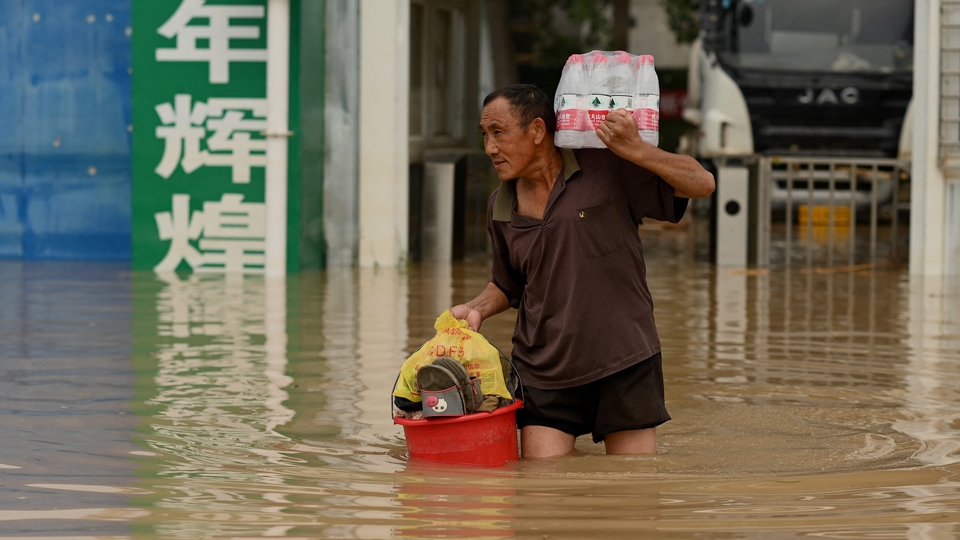This week, the climate crisis became a lot more concrete. Heatwaves and fire across North America overlapped with massive floods in Germany and China. I say ‘concrete’ but of course climate change has been pretty concrete for millions of climate refugees across the Global South for a while now. Rather, in the words of the New York Times, this week made clear that “Climate change comes for rich countries.”
Of course, it does – climate change is coming for everyone. And yet, the illusion that richer countries have much more room to maneuver has proven surprisingly difficult to eradicate. One factor is a reflexive cliché that has peppered climate discussion for years – especially on the progressive and liberal side of the debate: “the poor/the Global South/lower-income countries/communities of color will suffer the worst from climate change.”
On the face of it, this is clearly true. Bangladesh, Mozambique, the Bahamas all face rising sea levels, salinification of groundwater and increased hurricanes and tropical storms more than, say, Norway. And I’m sure that many Global Northerners, especially those in the development field, who tossed “x will suffer more” into their PowerPoints did so to communicate actual concern.
However, this makes the cliché all the more pernicious. Even as it’s virtue signaling as hard as it can, “x will suffer more” is in essence the polite, liberal version of Donald Trump’s “s***hole countries” – only with hand-wringing replacing nose-holding. That is, it sets up a false dichotomy between rich, developed, inviolable “us” and a dark-skinned, distant “them,” whose only role is to suffer. More specifically, their suffering is a permanent state, so there is no real urgency to relieve it.
On the Trump side, this worldview is shaded by open racism, which devalues it instantly (in some circles anyway.) But the liberal version of it presents itself as criticism against global racial hierarchies, even as it backhandedly reinforces them. In other words, while expressing guilt about global inequality, it implies that this is just how things are.
When it shows up in the reports of Global North development practitioners, it also functions as a one-stop way to emphasize one’s progressive credentials while dodging questions how this concern about the global poor fits into the economics that made some Global North countries into the donors funding these very reports. So it becomes impossible to ask why, despite their platinum-grade development work, the main funders of coal power around the world remain Japan, the US and the UK. It makes it much harder to question Canada/Australia/Norway’s self-presentation as concerned, responsible countries, when the backbone of their wealth remains hydrocarbons.
Questioning these unwelcome and unsaid realities opens the door to a much harder issue: the fact that Global North citizens are suffering too. Which opens an even harder door: what is the value of Global North suffering? When will folks in Oregon, in Adenau, in Zhengzhou suffer enough to force a reckoning with that hydrocarbon backbone? The way that COVID played out in some of these societies implies the answer might be a bit more complicated than the “x will suffer most” cliché has room for.











